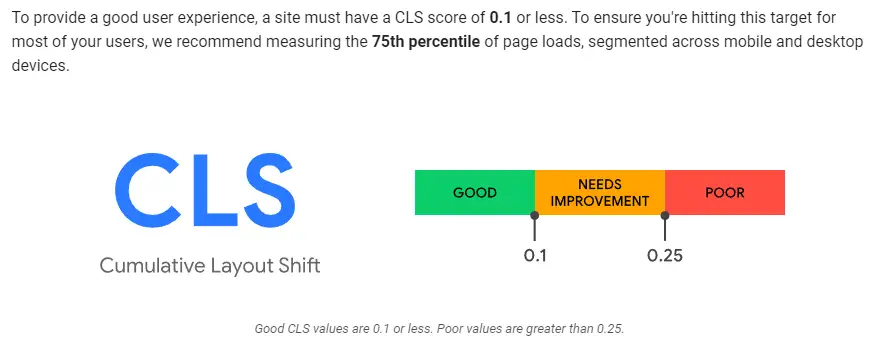
SEO for Construction Companies: Build Your Online Presence as Strong as Your Projects! 🏗️
Hey there, construction pros! If you're great at building structures but struggling to build your online presence, you're in the right place. After helping numerous construction companies climb the Google rankings, I've learned that getting found online doesn't have to be as complicated as managing a multi-story project!

Why Your Construction Company Needs SEO
Think about it: When someone needs a reliable construction company, what's the first thing they do? They pull out their phone and search for "construction companies near me" or "commercial construction [city name]". If your company isn't showing up in those searches, you're missing out on valuable projects!
Here's What Actually Works for Construction Companies:
- Project Portfolio SEO: Showcase your best work where potential clients can find it
- Local Service Area Targeting: Get found by clients in your target market
- Service-Specific Content: From "commercial construction" to "home renovations" - we target what your clients are searching for
Real Results from Real Builders
Let me share a success story: Dave's construction company in South Jersey was getting maybe one online lead per month. After implementing our construction-specific SEO strategy, they started dominating local searches for both commercial and residential projects. Result? They now get 15-20 qualified leads per month through their website alone. They've had to expand their team to handle all the new projects! 🏆
Making Your Website Work as Hard as Your Crew
1. Project Galleries That Convert
We create stunning project showcases that answer the questions your potential clients are actually asking:
- "What's your experience with similar projects?"
- "Can you handle projects of this scale?"
- "What's your work quality like?"
2. Local Market Domination
When someone in your service area needs a construction company, you want to be right there at the top of their search. We optimize your Google Business Profile and build local citations that help you dominate local search results. It's like having a billboard on every major construction site in town!
3. Specialty Service Optimization
Different projects need different approaches. We optimize your website for various construction services:
- Commercial construction
- Residential building
- Renovation projects
- Specialty construction
Common Questions from Our Construction Clients
How quickly will I see new project inquiries?
Just like building a solid foundation, good SEO takes time to set properly. Most of our construction clients start seeing significant improvements in 3-4 months. But once those results are in place, they're as solid as concrete – providing consistent leads month after month!
What about those "instant results" marketing companies?
Be careful with these promises – they're often as stable as a house built on sand! Many use short-term tactics that can actually hurt your business in the long run. We focus on sustainable, long-term results that keep bringing in quality leads year after year.
Special Features We Love for Construction Companies
1. Project Tracking Dashboard 📊
Know exactly where your leads are coming from with our tracking system. This helps you:
- Measure ROI from different marketing channels
- Identify most profitable project types
- Track bid-to-win ratios
2. Service Area Pages
We create specific pages for each area you serve, optimized with:
- Local project examples
- Area-specific building codes and regulations
- Customer testimonials from each region
- Local building permit information
Budget-Friendly Solutions That Work
I get it – you want to invest in growing your business, not pouring money into a foundation that never sets. That's why we offer:
- Flexible payment plans
- ROI tracking so you can see exactly what you're getting
- Scalable solutions that grow with your company
- Training for your team to handle basic website updates
Video Marketing: Showcase Your Expertise!
Want to really stand out? Consider adding project time-lapse videos or walk-through tours of completed projects. These help potential clients visualize your capabilities, and Google loves video content!
Ready to Build Your Online Presence?
If you're tired of watching bigger construction companies get all the prime projects, let's change that. I've helped dozens of construction companies transform their online presence, and I'd love to do the same for you. Want to chat about your company's specific needs? Let's talk – no hard hat required! 😉
P.S. Ask about our construction company starter package – we've designed it specifically for builders just starting their digital journey! 🏗️





















